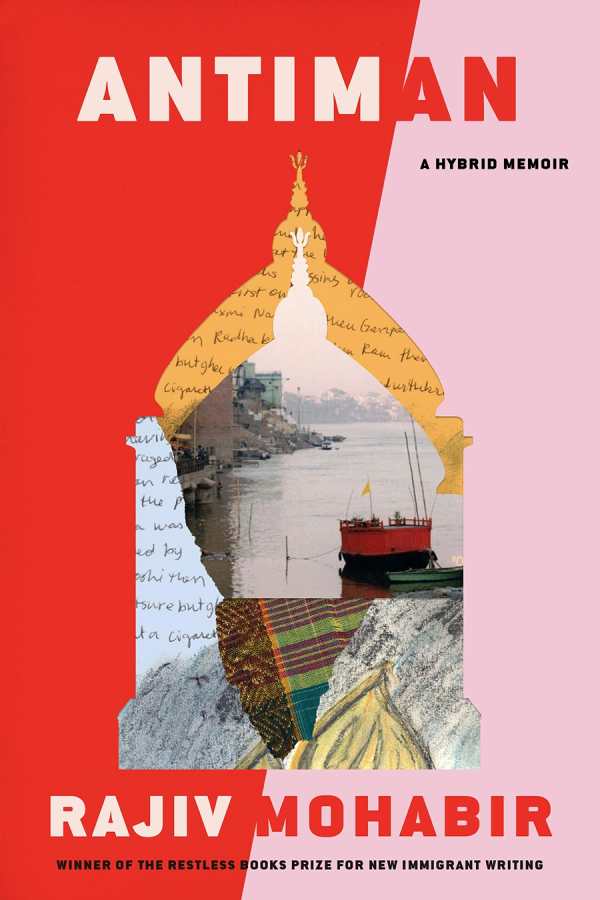Antiman
A Hybrid Memoir
- 2021 INDIES Winner
- Gold, LGBTQ+ (Adult Nonfiction)
Rajiv Mohabir’s poetic memoir Antiman traces colonialism’s ongoing legacy within the hybrid identities of he and his family.
A descendant of indenture, Mohabir’s family moved from India to Guyana to work as coolies in the sugar plantations, before dispersing across the United Kingdom, United States, and Canada. Along the way, Guyanese Bhojpuri was jettisoned for English, and Hinduism for Christianity, until Mohabir’s interest in his Guyanese grandmother’s songs and stories became both a scholarly undertaking and personal quest.
Determined to restore what had been lost, Mohabir found himself falling through telling gaps in the conventional outlines of both Western and Indian cultural values. Not a “real” Indian because of his family’s century in Guyana, nor a “real” American because of his family’s skin color and immigration to the West, Mohabir was left to puzzle out issues of identity and authenticity without a map.
Among the many complications of colonialism’s personal legacy is Mohabir’s family’s response to his sexuality and attraction to other men. The family’s language of shame is used to shame him, too: “antiman,” a Caribbean Creole slur, is what’s leveled against him. Mohabir uses this juncture to investigate multiplicity and fusion, showing how both he and other family members demonstrate resilience through adaptation and integration, even when their respective strategies for survival put them at odds.
A young Mohabir, studying at a summer program, realizes, “No one knew me here and I could be something new entirely—I could reforge wholeness from the brokenness I believed defined me.” A nuanced account that’s sensitively told, the memoir Antiman uses duality on multiple levels to shape its central questions and shift the ways that a story about Indian immigrant identity, history, and legacy is heard and understood.
Reviewed by
Letitia Montgomery-Rodgers
Disclosure: This article is not an endorsement, but a review. The publisher of this book provided free copies of the book to have their book reviewed by a professional reviewer. No fee was paid by the publisher for this review. Foreword Reviews only recommends books that we love. Foreword Magazine, Inc. is disclosing this in accordance with the Federal Trade Commission’s 16 CFR, Part 255.


